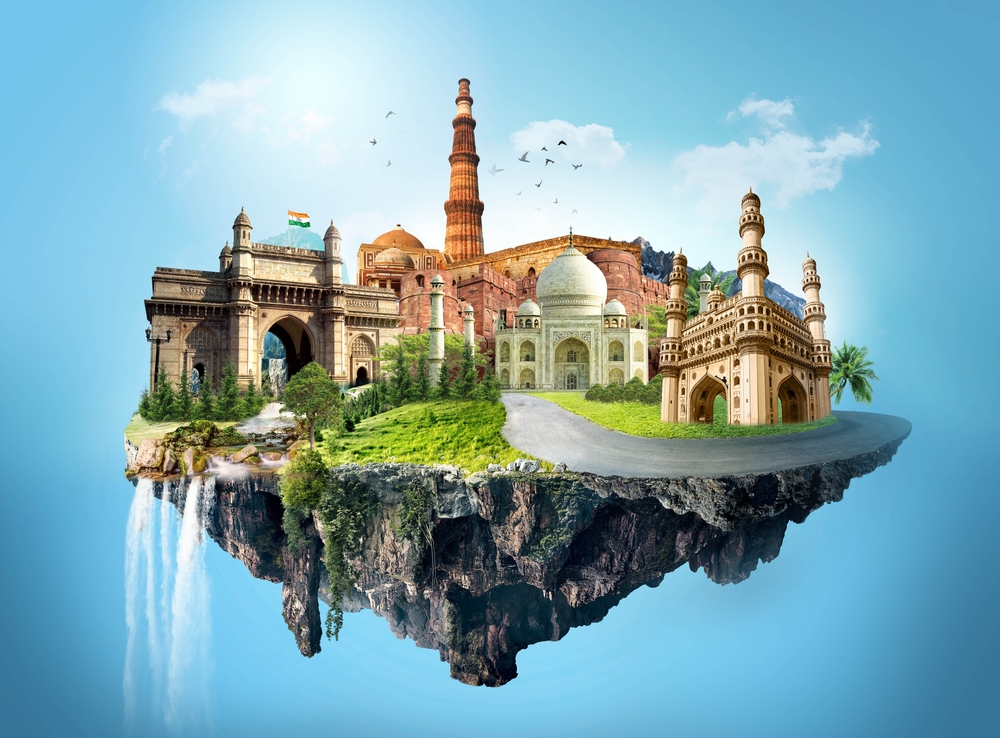Often referred to as the “Pearl of the Indian Ocean,” Sri Lanka is a stunning island nation with a great biodiversity, rich scenery, and cultural legacy. Travelers looking for adventure, history, and natural beauty have made Sri Lanka a hotspot. But as travel rises, so does awareness of the need to protect the environment and help nearby towns. Eco-tourism, a responsible approach to seeing the island while reducing environmental damage and advancing sustainability, has grown out of this.
Understanding Eco-Tourism in Sri Lanka
More than just a trend, eco-tourism in Sri Lanka is a deliberate attempt to preserve the nation’s unspoiled natural beauty and cultural legacy while giving visitors a rich experience. Eco-tourism encourages ethical travel that benefits local communities and the environment, unlike mass tourism, which sometimes results in environmental damage.
From the misty mountains of Ella to the unspoiled beaches of Tangalle, Sri Lanka presents many environmentally friendly locations where guests may enjoy the great variety of the nation without damaging the surroundings. Sustainable travel projects help protect national parks, rainforests, and marine sanctuaries so that future generations can still enjoy their beauty.
Turkey Visa for Bahamas Citizens
Choosing Eco-Friendly Accommodations
Staying at ecologically conscious lodging is one of the most crucial elements of eco-tourism. Sri Lanka provides a range of environmentally friendly homestays that prioritize sustainability, eco-lodges, and sustainable resorts. Many times, using solar power, these lodging facilities recycle waste and build using locally obtained materials.
Many eco-lodges in Sri Lanka, for instance, utilize traditional building techniques that integrate naturally with their surroundings. Certain even let visitors take part in environmental projects, including wildlife monitoring or tree planting. Those who stay in such locations directly support local communities and assist in sustainable travel.
Exploring Sri Lanka’s Natural Wonders Responsibly
With national parks and wildlife reserves giving threatened species refuge, Sri Lanka boasts an amazing variety of plants and animals. To see elephants, leopards, and rare species in their natural surroundings, visitors can set off on safari trips in locations such as Sinharaja Forest Reserve, Yala National Park, and Udawalawe National Park.
Still, good travel is essential. Following ethical wildlife-watching rules—keeping a safe distance from animals, avoiding flash photography, and selecting tour operators who engage in sustainable tourism—is vital. In vulnerable ecosystems, overcrowding can have terrible consequences for wildlife, so it is crucial to assist conservation-oriented trips that prioritize animal well-being.
Supporting Local Communities and Traditions
Making sure local businesses gain from eco-tourism is vital. The vivid culture of Sri Lanka is closely entwined with its natural surroundings; many people depend on tourism for their means of survival. Travelers should look for local guides, artists, and family-run enterprises providing real experiences instead of choosing big, commercialized tour firms.
Conventional village tours let guests discover age-old farming methods, handicaps, and culinary customs, illuminating Sri Lanka’s rural way of life. Many eco-tourism projects also help local artists by selling handcrafted goods, organic food, and Indigenous textiles, bringing visitors home treasured mementos, and boosting local businesses.
Turkey Visa for Barbados Citizens
Reducing Your Environmental Footprint
Sustainable travel involves taking small but significant actions to lessen environmental impacts. Travelers should pack reusable water bottles, shun single-use plastics, and properly dispose of trash in Sri Lanka, where plastic pollution is becoming a rising issue. Many environmentally aware companies have instituted plastic-free rules, motivating guests to follow suit.
Public transport or cycling instead of private cars is another environmentally friendly way. With a large train system, Sri Lanka provides picturesque trips over coastal settings and tea farms. Not only is this an environmentally sustainable mode of transportation, but it also lets one enjoy the nation’s beauty.
The Future of Eco-Tourism in Sri Lanka
Ecotourism’s emergence in Sri Lanka is evidence of the rising worldwide awareness of environmentally friendly travel. Government programs, conservation groups, and environmentally concerned companies work together to ensure that travel does not compromise the surroundings. Travelers also significantly contribute to this cause by choosing wisely to help preserve Sri Lanka’s natural and cultural riches.
Eco-tourism lets guests appreciate Sri Lanka’s unmatched beauty while helping the locations they visit. Every decision matters toward building a sustainable future for this island paradise, from staying at an eco-lodge to selecting ethical wildlife trips to helping nearby businesses.
Also read: New Zealand’s Most Scenic Train Rides for a Relaxing Journey




